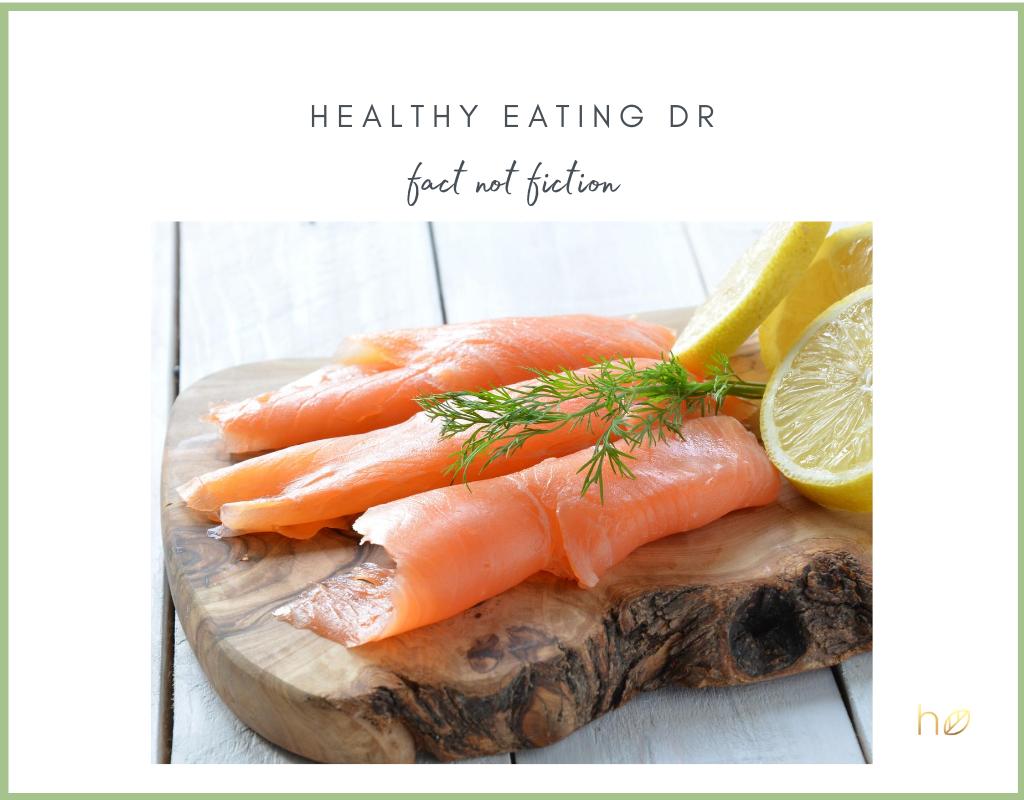As a breastfeeding mother, you may have concerns about what foods you can and cannot eat. One particular food that may come to mind is smoked salmon. Smoked salmon is a popular delicacy, but can it be safely consumed while breastfeeding? Let's explore the topic and find out.
Understanding Breastfeeding and Your Diet
Breast milk is often referred to as the gold standard for infant nutrition, providing essential nutrients, calories, and immunities to protect your baby from illness. However, some babies may experience fussiness and gas, leading mothers to question if their diet is to blame.
Gas is a normal part of the gastrointestinal system, and breastfed babies can experience it due to various factors such as swallowing air or eating too quickly. While there is limited scientific research on the direct impact of a breastfeeding mother's diet on her baby's gas and fussiness, it is essential to observe patterns and make adjustments if necessary.
Smoked Salmon and Breastfeeding
When it comes to smoked salmon, there are a few factors to consider. Smoked salmon is a rich source of omega-3 fatty acids, which are beneficial for both you and your baby. These fatty acids support brain development and overall health. However, there are some potential concerns to be aware of.

One concern is the possibility of consuming high levels of mercury in certain types of fish, including salmon. Mercury can be harmful to infants, affecting their developing nervous system. However, the mercury levels in most commercially available smoked salmon are generally low, and moderate consumption is considered safe for breastfeeding mothers.
Another consideration is the risk of listeria contamination. Listeria is a bacteria that can cause foodborne illness, and pregnant women and newborns are particularly susceptible. While the risk of listeria contamination in smoked salmon is generally low, it is still important to ensure that the salmon has been properly handled, stored, and prepared.
If you choose to consume smoked salmon while breastfeeding, it is important to follow these guidelines:
- Choose smoked salmon from a reputable source.
- Ensure that the salmon has been properly refrigerated and stored.
- Consume it in moderation as part of a balanced diet.
Other Foods to Consider
While smoked salmon can be safely consumed in moderation, there are some foods that may cause gas and fussiness in breastfed babies. Each baby is unique, and their reactions to certain foods may vary. Some common foods that may contribute to gas and fussiness include:
- Kale
- Spinach
- Beans
- Onions
- Garlic
- Peppers
- Spicy foods
If you notice that your baby becomes fussy after consuming certain foods, it may be worth avoiding them for a while to see if there is a correlation. Keeping a food diary can help you identify any patterns or triggers.
Consulting with Healthcare Professionals
If you have concerns about your baby's feeding, gas, or increased fussiness, it is always best to consult with your baby's pediatrician or a lactation consultant. They can provide personalized advice and guidance based on your specific situation.
In Conclusion
Smoked salmon can be safely consumed in moderation while breastfeeding, as long as it is sourced from a reputable supplier and properly handled. However, it is important to be mindful of your baby's reactions to certain foods and make adjustments if necessary. Remember, every baby is different, and what works for one may not work for another. By being attentive to your baby's needs and seeking professional advice when needed, you can navigate your breastfeeding journey with confidence.
If you want to know other articles similar to Is smoked salmon safe for breastfeeding? exploring the benefits and risks you can visit the Breastfeeding and diet category.

